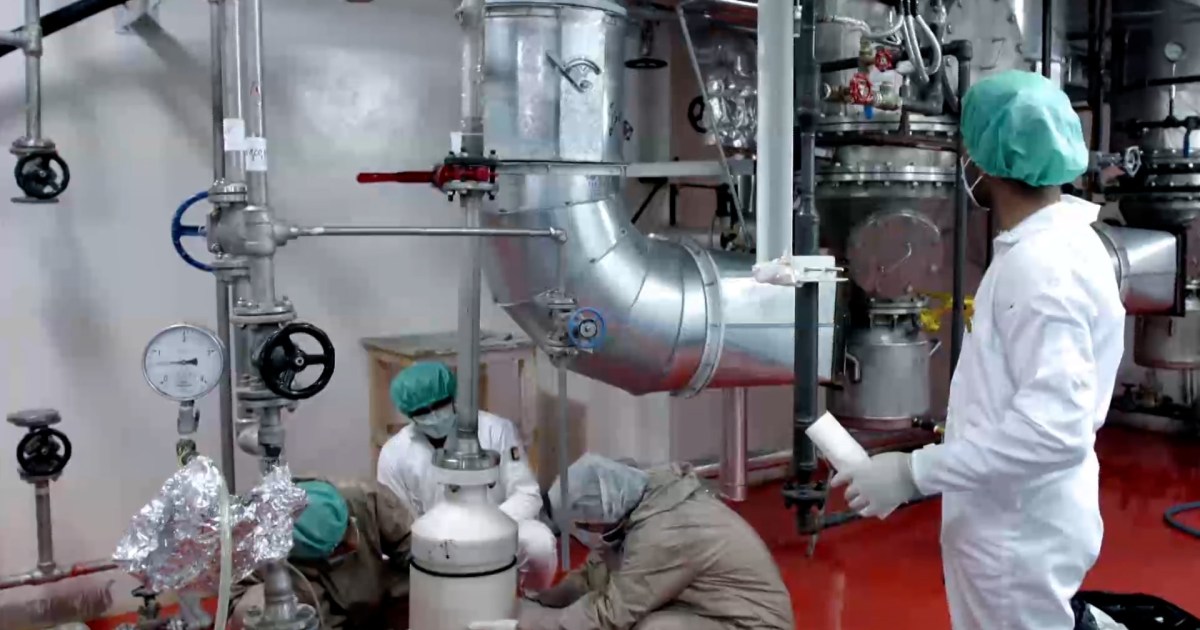Tehran stressed on Tuesday the need for "guarantees and verification" in order for the Vienna talks to be able to salvage the 2015 nuclear deal, in reference to what appeared to be US commitments.
"Verification and guarantees are an integral part of any good deal," Ali Shamkhani, Secretary-General of Iran's Supreme National Security Council wrote on Twitter.
Shamkhani said that mechanisms to verify the lifting of sanctions and guarantees are an integral part of any good agreement, noting that "Washington has a history of reneging on its commitments, which is the biggest threat to any agreement in Vienna."
Shamkhani also stressed the need to lift sanctions and secure his country's economic interests steadily and tightly.
The agreement included easing sanctions on Tehran in return for restrictions on its nuclear program, but the United States unilaterally withdrew from it in 2018 under President Donald Trump and re-imposed economic sanctions, which prompted Iran to retreat from its commitments.
Meanwhile, a delegation of Israeli officials arrived in Vienna to meet with the delegations participating in the nuclear agreement negotiations with Iran, in what appears to be a continuation of Israeli attempts to obstruct reaching an understanding between the West and Iran.
The Russian delegate for negotiations, Mikhail Ulyanov, posted on his Twitter account a photo of his meeting with the Israeli delegation, adding that he had discussed issues related to the International Atomic Energy Agency with them.
Iran's red lines
Iranian Foreign Minister Hossein Amir Abdollahian had accused Western parties of not showing enough seriousness during the talks to reach a good agreement.
During a telephone conversation with the European Union Commissioner for Foreign Affairs Josep Borrell;
Abdullahian stressed that his country will not, in any way, retreat "from its red lines, which depend on logic and realism."
For his part, Borrell said in a tweet on his Twitter account that he had made another important call with the Iranian Foreign Minister, adding that, as coordinator of the Joint Comprehensive Plan of Action, he strongly believed that an agreement was imminent.
In his tweet, the EU foreign policy chief considered that it was time to make the final effort and reach a compromise.
In the same regard, Iranian Foreign Ministry spokesman Saeed Khatibzadeh said that the talks are continuing and have not reached a dead end, noting that the remaining core and sensitive issues are being discussed in Vienna.
Iran and the signatories to the 2015 agreement (France, Britain, Germany, Russia and China) are in talks to revive it.
Washington participates in the talks indirectly.
Talks resumed in Vienna at the end of last November after a brief pause following the election of conservative President Ibrahim Raisi last June.

